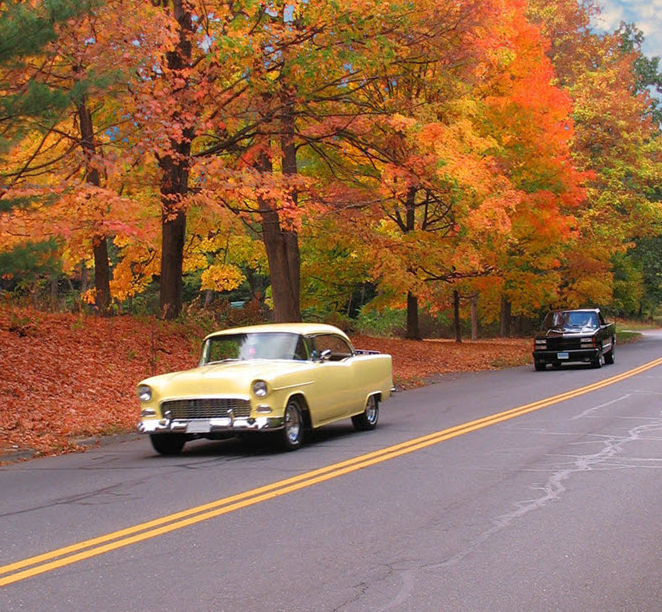What Is The Minimum Age For Classic Car Insurance?
Classic car insurance usually mandates a minimum age requirement, often around 20 to 25 years old or older, to be eligible for coverage. This criterion ensures that vehicles have matured to a point of historical significance and collectability.
When Does a Car Become a Classic For Insurance?
The definition of when a car becomes a classic for insurance purposes can vary, but it often hinges on the age and historical value of the vehicle. While the threshold is commonly set around 20 to 25 years old, some insurers may consider other factors, such as the car’s model, rarity, and overall significance within the automotive landscape.
What Are My Options If My Car’s Age Doesn’t Qualify?
If your car’s age falls short of the minimum requirement for classic car insurance, you might explore alternative coverage options. Standard auto insurance policies are available for newer vehicles, providing comprehensive protection tailored to modern driving needs. Additionally, depending on the car’s uniqueness and value, specialized coverage options like collector auto insurance could still be considered.
Mileage: What Is the Classic Car Mileage Limit?
Classic car insurance often imposes a mileage limit from 1,000 to 5,000 miles annually. This restriction acknowledges that these vehicles are primarily intended for limited use and special occasions, helping to maintain their collector value.




